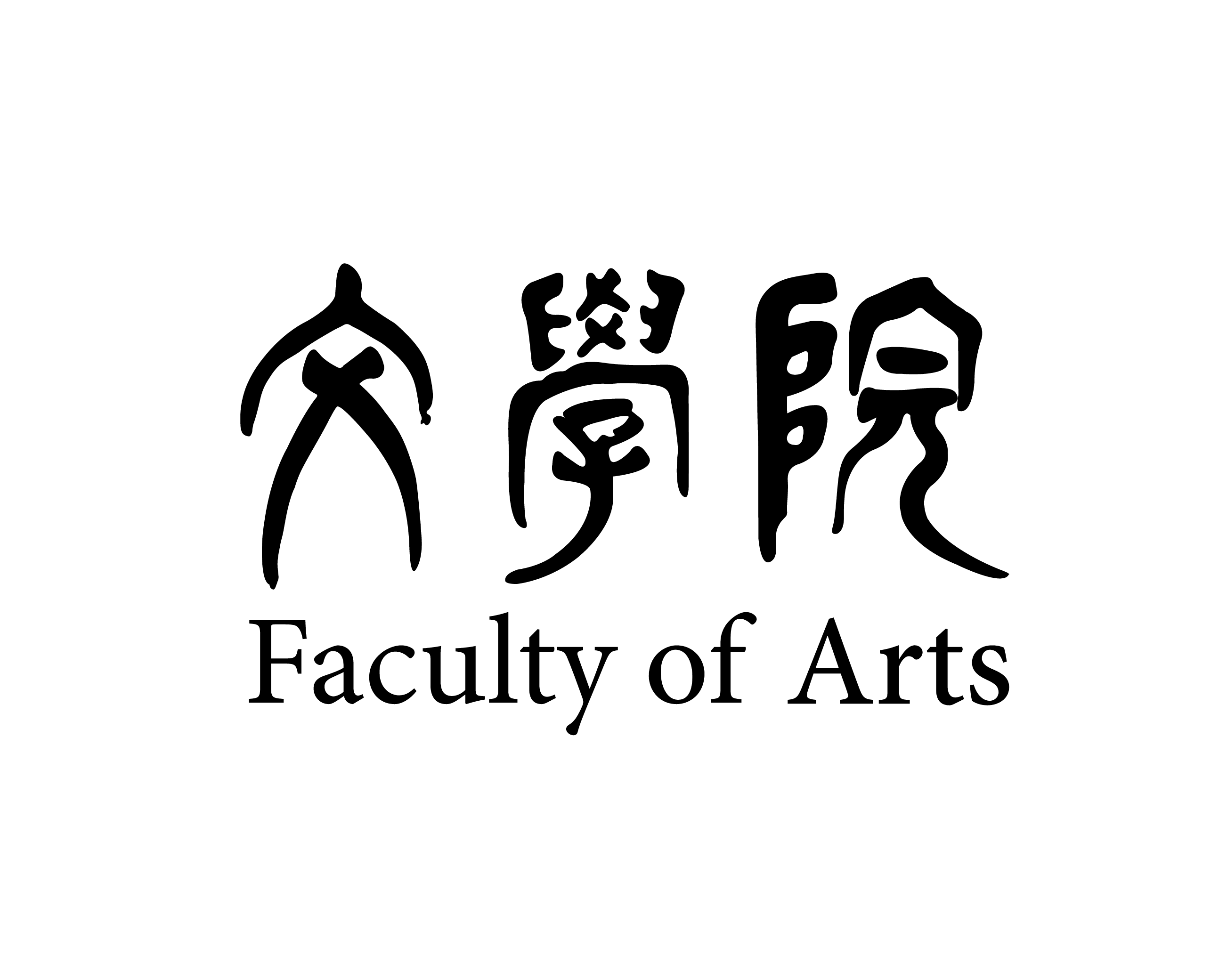Research Keywords
生物醫學 Biomedicine
張頌昕 Cheung Shoan Yin
生物醫學通常指十九世紀出現的西方專業醫學及其疾病理論,認為疾病僅由生物因素引起,這一理論至今在醫療保健和臨床實踐中佔主導地位。這種對生物學和生理學的強調忽視了社會因素,使當代緊迫的問題如心理健康和流行病的複雜動態,變得難以理解。在最近幾十年,生物醫學變得更加資本主義化。它被研究與開發(Research & Development)所改變,更加面向未來,以聚焦風險和監控作為新的驅動力。 文化研究挑戰了生物醫學的假設——即人體可以統一標準化,疾病是與「規範」偏離的異常——而將生物醫學視為一個社會文化系統,並探索身體與歷史、環境、文化和政治的物質糾纏,以揭示健康、疾病和病癥的多面性。文化研究的方法讓我們發現生物醫學的思想、概念和實踐亦已被吸收到非西方的醫療體系中,特別是現代的中醫藥(以及其韓國和日本變體),後者遵循循證醫學研究的原則。文化研究為揭示生物醫學的社會性、文化性和生物性之間的交織現象,提供了一套強大的分析工具。
Biomedicine generally refers to Western professional medicine and its theory of disease that emerged in the nineteenth century, and which dominates healthcare and clinical practice today. It is based on the principle that disease is caused by agents that are solely biological in nature. This emphasis on biology and physiology comes at the expense of social factors and has made pressing contemporary issues, such as mental health and the complex dynamics of pandemics, challenging to understand. In recent decades, biomedicine has become more capitalistic. It has been transformed by research and development (R&D) and is now more future-oriented, driven by a new focus on risk and surveillance.
Cultural studies challenges biomedical assumptions that the human body can be uniformly standardized, and that diseases are deviations from “norms.” Instead, it considers biomedicine as a sociocultural system and explores the body’s material entanglements with history, environment, culture, and politics to illuminate the multi-faceted nature of health, illness, and disease. A cultural studies approach recognizes that biomedical ideas, concepts, and practices have also been assimilated into non-Western medical systems, notably modern TCM (and its Korean and Japanese versions) which follows the principles of evidence-based medical research. Cultural studies provides a powerful toolkit for unpacking the intertwined social, cultural, and biological nature of biomedicine.





